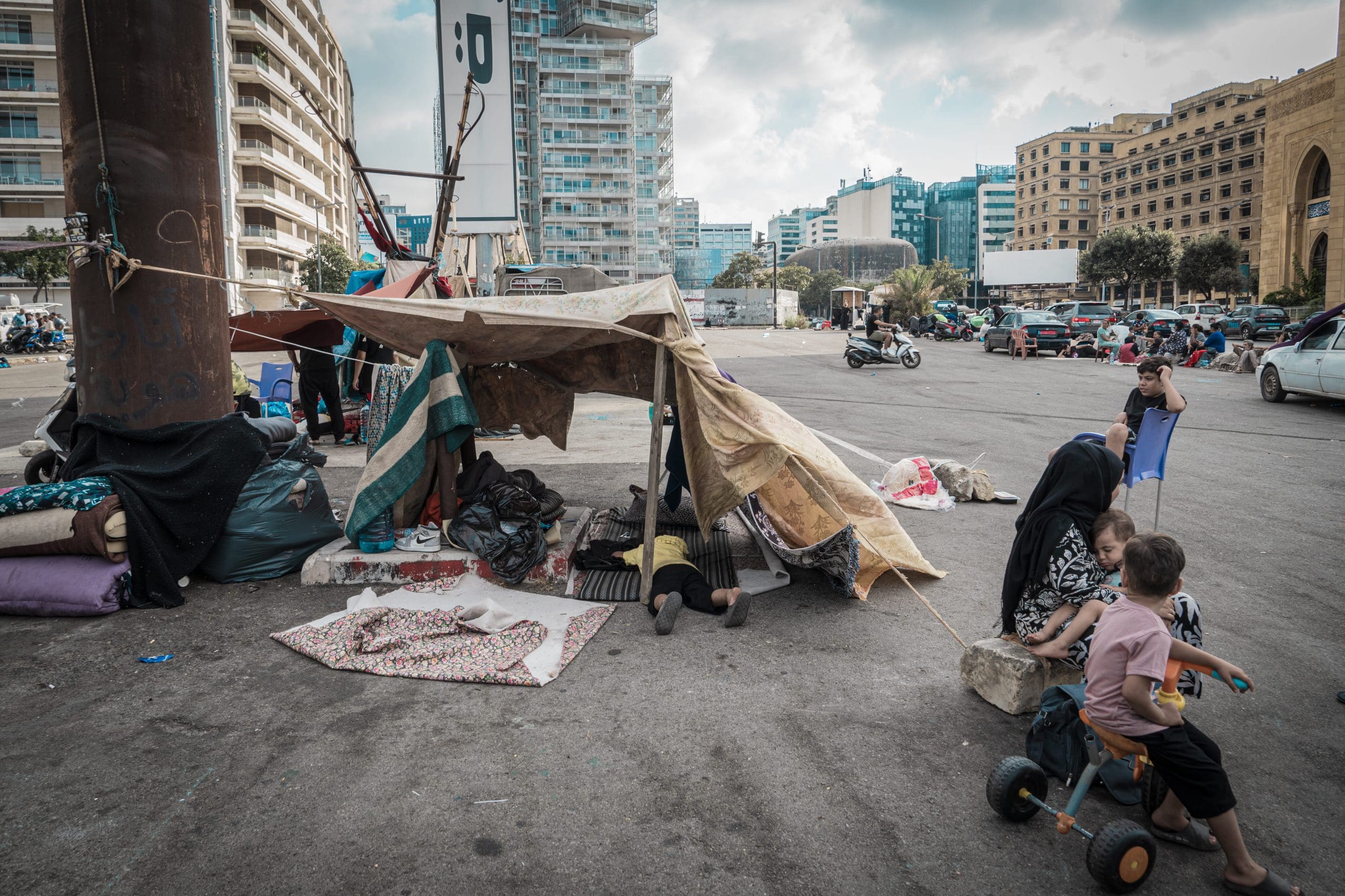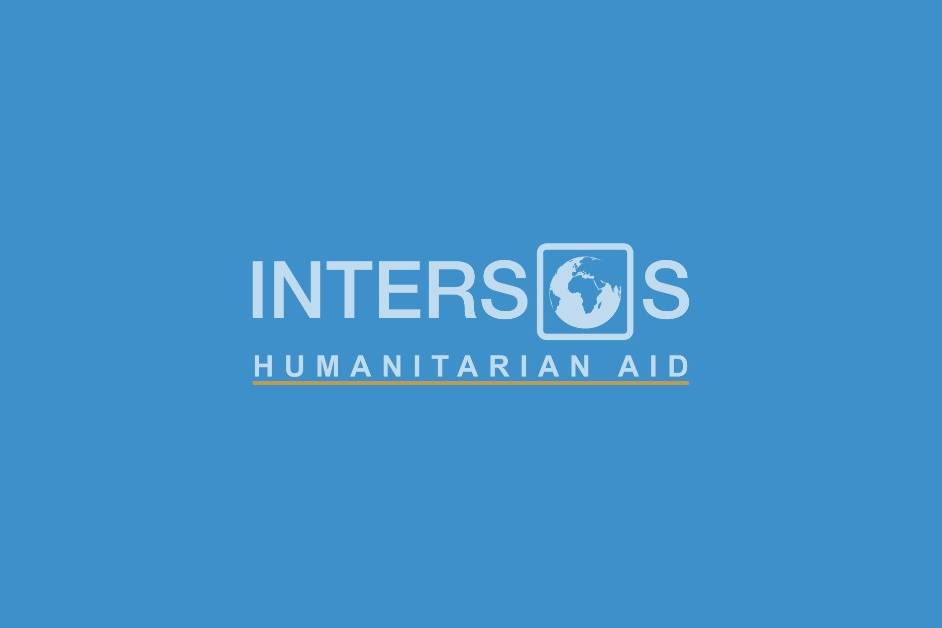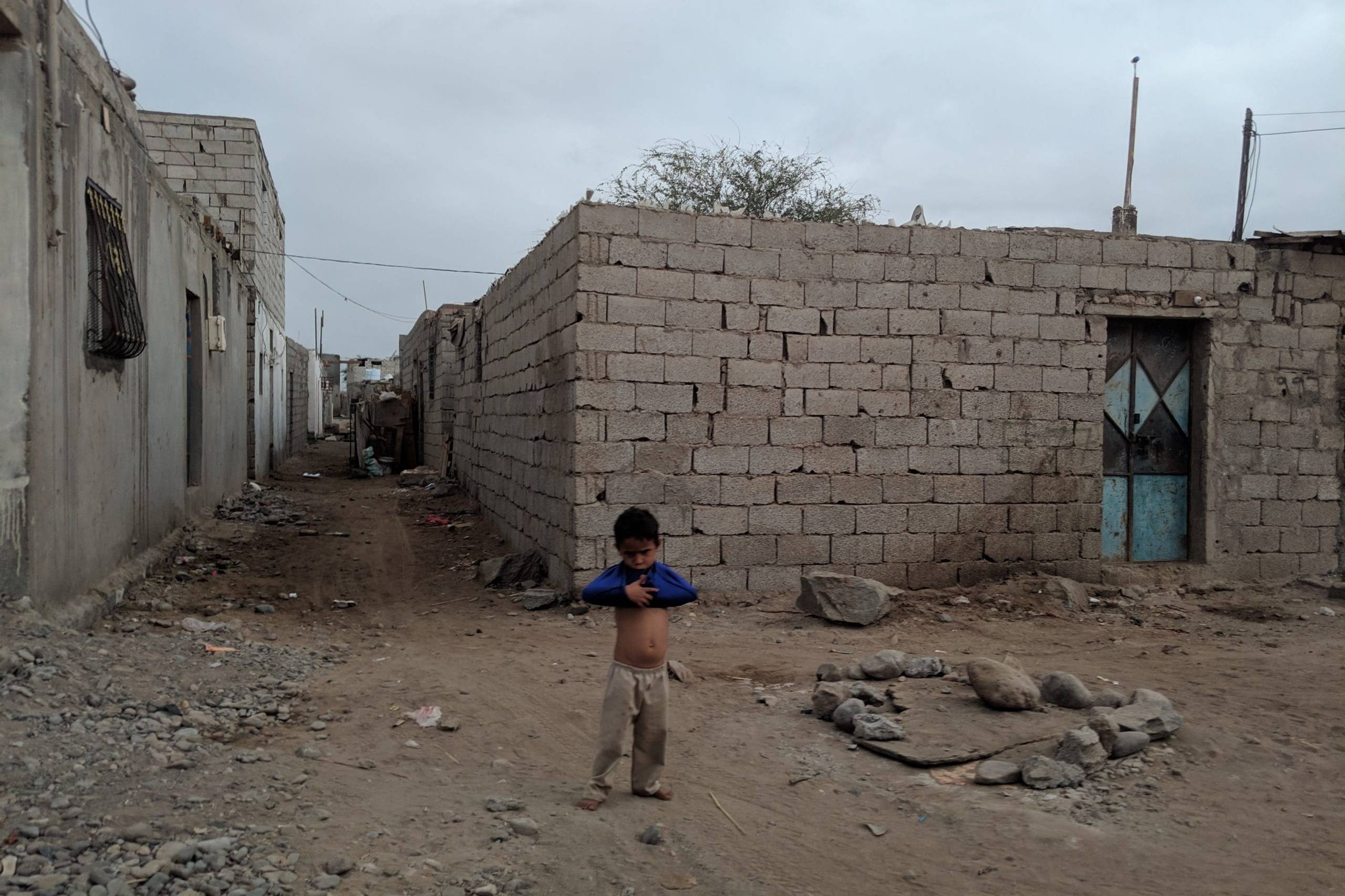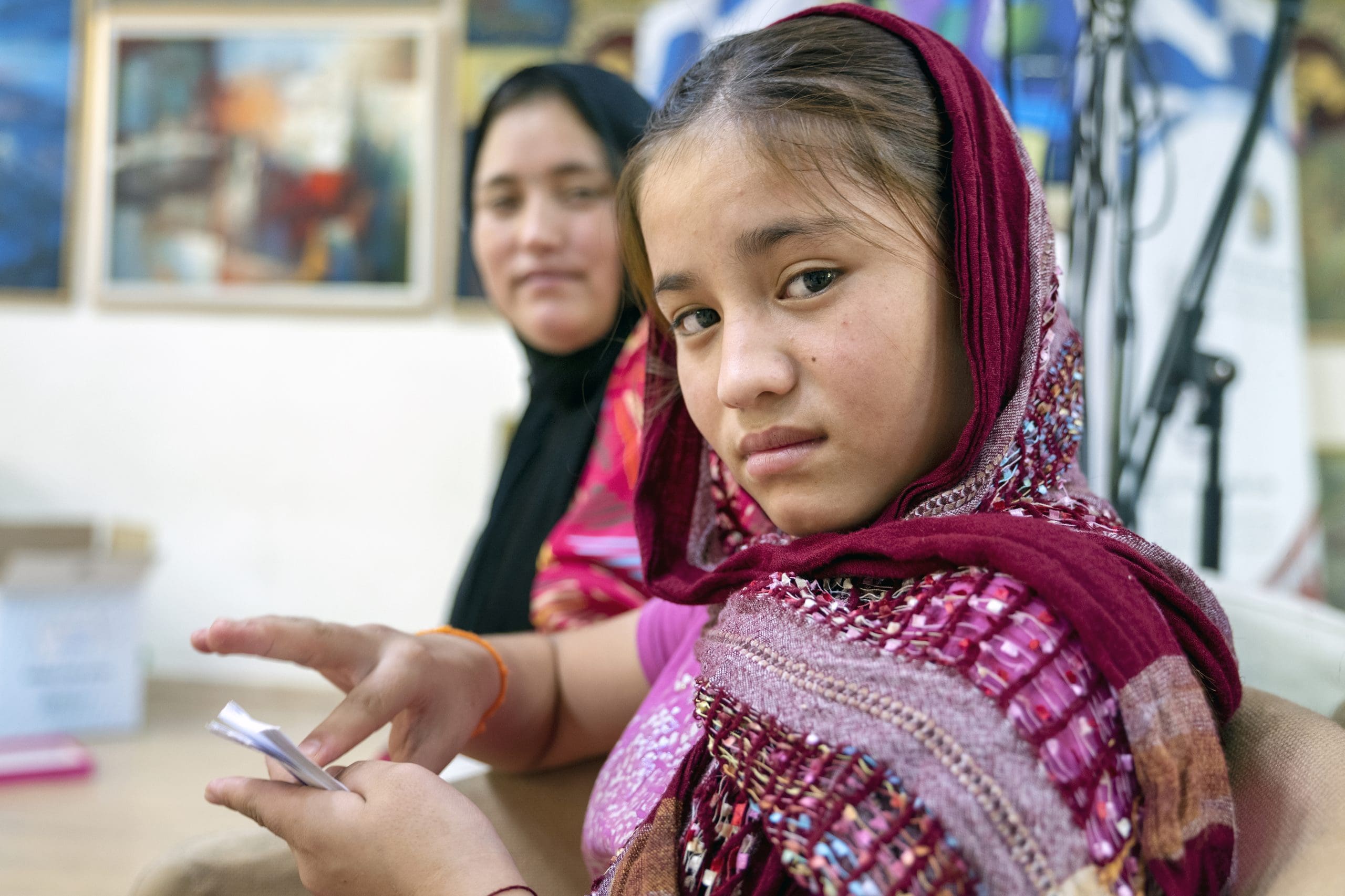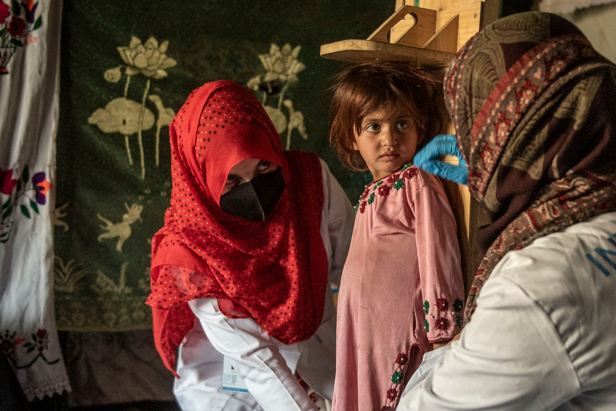Iran


2022
First intervention
14.000
People reached
7
Projects
981.319€
Budget spent
Context
As a neighbouring country of Afghanistan, Iran is home to one of the largest refugee populations in the world. According to the most recent data available, 4.5 million people have sought refuge in the country, most of them Afghans. Despite the government policy of integration, the lack of documentation for Afghan refugees poses several obstacles to accessing health care, education and job prospects.
In recent years, the combined effects of the COVID-19 pandemic, unilateral economic sanctions and the very high inflation in Iran have contributed to a self-perpetuating cycle of poverty, leaving many Afghans, as well as Iranians, unable to meet their basic needs.
INTERSOS’ intervention
INTERSOS operates exclusively through local partners in the country with the aim of fostering quality access to Health, Protection and Education services for vulnerable documented and undocumented Afghan populations and Iranian host communities.
In the course of 2023, INTERSOS supported the provincial health system in Tehran Province, through the rehabilitation of four health facilities and the subsequent provision of medical and non-medical equipment, to ensure higher quality medical services in Health facilities.
Moreover, in the same province, we implemented cash-for-health activities to provide access to non-free health services by referring 1,638 vulnerable people to specialised services. In the health facilities we support, focal points were designated to identify patients with particular vulnerabilities, ensure the necessary medical procedures are carried out and then refer the patients to specialised medical facilities according to vulnerability and morbidity criteria, with a voucher to ensure that the medical expenses are covered by INTERSOS.
In the provinces of Kerman and South Khorasan, 35 classrooms were equipped, allowing 1,098 children to attend school in safety. Additionally, children received school kits, containing the basic necessities for proper learning, such as notebooks and pencils, as well as hygiene kits, containing the necessary items to promote good health practices, such as toothbrushes, toothpaste and soap. In order to ensure a safe environment for children, awareness-raising campaigns were conducted on child protection issues, such as good parenting skills. Moreover, our case management activities identified children at increased risk of domestic violence and referred them to specialised services.





